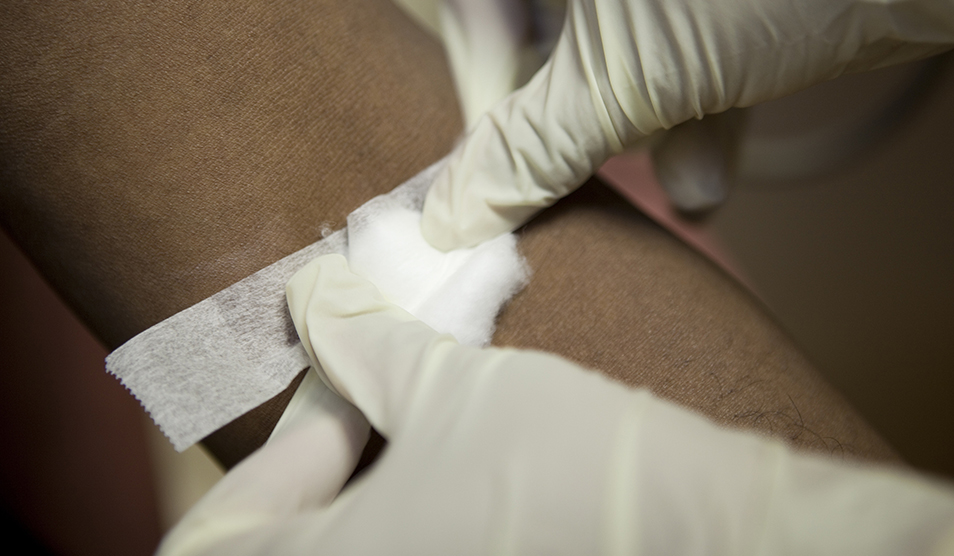Children's neurology
Visitor Information
Translation help:
To translate this page into your preferred language, click the Google Translate icon in the top-right menu and select your desired language.
Our children's neurology service provides care for newborns, infants, children and teenagers with complex neurological conditions (genetic, congenital and acquired).
We provide inpatient consultation and outpatient care to children who are referred by their paediatrician or by another specialist to us with a range of childhood neurological disorders.
We also offer opinion to paediatricians in relation to acquired neurological problems, suspected neuromuscular disease, unexplained moderate to severe neurodevelopmental disability and complex headache syndromes.
Neurological disorders seen include:
- complex epilepsies (other than febrile seizures)
- refractory seizure disorders
- demyelinating disorders
- headache disorders that have not responded to first or second line prophylactic agents
- neuroprogressive conditions
- tics and movement disorders
- neonatal encephalopathy
- neonatal seizures
We run sub-specialist clinics such as fetal medicine clinics, combined headache clinics (joint adult and paediatric neurology input) and combined neuro-HIV clinics.
Additional information
Clinical trials and research
At times there may be trials or research going on and you may be invited to take part in these, for example a trial of certain medicines in some types of epilepsy. You will be given information relevant to these at the time and it is completely voluntary.
Further online resources
Latest news See all news
-
 Read the full story
Read the full storySt Mary’s trialling 15-minute blood test for life-threatening conditions in children
St Mary’s Hospital is one of three hospitals involved in an NHS trial to find out if an innovative 15-minute blood test can diagnose children with potentially life-threatening infections.
-
 Read the full story
Read the full storyFinalists at HSJ Digital Awards
Imperial College Healthcare has been shortlisted for five HSJ Digital Awards.
-
 Read the full story
Read the full storyWorld-first gene-editing treatment for blood disorders including sickle cell disease approved for use in the NHS
NICE has today approved a gene-editing treatment for use with NHS patients over the age of 12 with a severe form of sickle cell disease.
